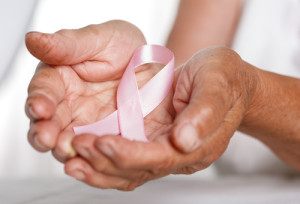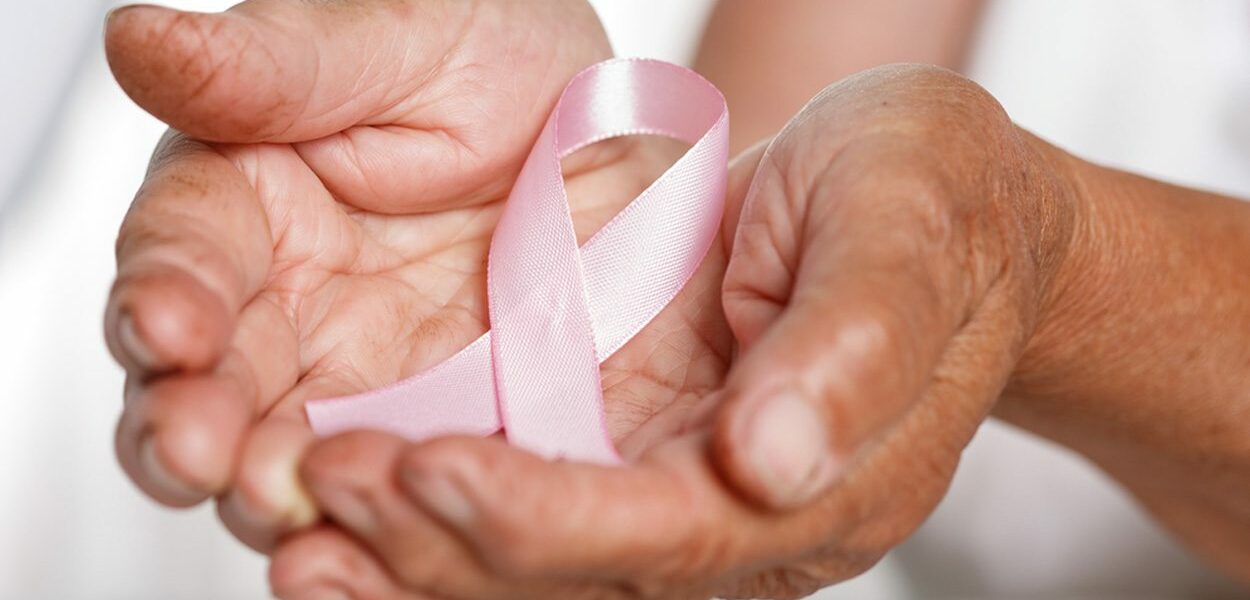Skin care after radiation therapy
13 tips for burnt, red, dry, itching, irritated, damaged or painful skin
 What is the best way to care for your skin after radiation therapy? If you’ve had radiation therapy you’ll probably recognise several of the below complaints. The best, available, online advice is conveniently listed in this article.
What is the best way to care for your skin after radiation therapy? If you’ve had radiation therapy you’ll probably recognise several of the below complaints. The best, available, online advice is conveniently listed in this article.
1. Always stay in touch with your doctor
Tell your doctor about all your skin problems. Your doctor is your ongoing source of good advice.
2. Avoid long periods in the bath or under the shower
Rather avoid bathing entirely – and keep showers as short as possible. This prevents excessive soaking and softening, which makes your skin more susceptible to complaints.
3. Avoid swimming pools and saunas
Both swimming and the heat of the sauna are not good for irradiated skin. There is a high risk that skin complaints will arise, or worsen, as a result.
4. Do not wash your skin with soap
Soap dries your skin, increasing the chance of dry, itchy, skin complaints. If necessary use a pH-neutral, unscented soap in combination with lukewarm water. In doing so, be careful not to wash away any radiation lines drawn onto your skin.
5. Do not use bath foam
Bath foam is also a type of soap. Instead, use bath oil.
6. Gently pat your skin dry, instead of rubbing it
Rubbing your skin with a towel, whether harshly or gently, produces irritation. Dabbing prevents friction, resulting in fewer complaints.
7. Use unscented talcum powder to counter itching
It is important not to scratch itches; this will only accelerate irritation and damage to your skin. Talcum powder helps soothe itching.
8. Avoid sunlight – and sunbeds!
UV radiation from the sun or a sunbed is harmful to all skin – and additionally hazardous for vulnerable, irradiated skin. UV radiation penetrates damaged skin far more easily. This increases your risk of dry skin, permanent discoloration, scarring and skin cancer.
9. Do not apply plasters to irradiated skin
Removing plasters from irradiated skin is painful. And they make your skin red, irritated and painful. Cover small skin wounds with non-woven gauze pads tied in place or held, for instance, with a tubular bandage.
10. Do not use deodorant or perfume
Deodorants and perfumes usually contain alcohol and metals. Alcohol dries your skin and metals harm your skin during radiation therapy.
Some radiation facilities permit deodorant that does not contain alcohol, perfume or metals – provided you thoroughly pat your armpits dry. Always first consult your doctor about this.
11. Do not depilate irradiated body parts
Hair removal is simply not permitted during radiation therapy. Males undergoing facial radiation may only use an electric razor. First consult your doctor about this too.
12. Wear loose clothing.
Loose-fitting clothing is soft and comfortable and not in close contact with the skin. This avoids friction, abrasion and irritation by fibres.
13. Apply a pH-neutral, unscented cream to your (healed and closed) skin, on a daily basis
But note: it is very important that you avoid using creams that react to radiation. Avoid absolutely any ointments containing metal – such as zinc ointment. Metals can ‘etch’ themselves into your skin.
ALHYDRAN cream contains no metals and is pH-neutral and unscented. The effects of ALHYDRAN on irradiated skin have been researched. It has been determined that ALHYDRAN:
- Relieves itching and redness
- Reduces drying of the skin
- Protects your skin and prevents reactions to radiation
- Reduces skin sensitivity
- Reduces ‘burning’ sensations in the skin
- Softens your skin
- Heals your skin more rapidly
You can use ALHYDRAN both during and after a period of radiation therapy. The cream is easy to apply and is rapidly absorbed by your skin. As a result, your skin does not require additional cleaning during radiation sessions.
Our website contains two ALHYDRAN radiation case studies:
References:
